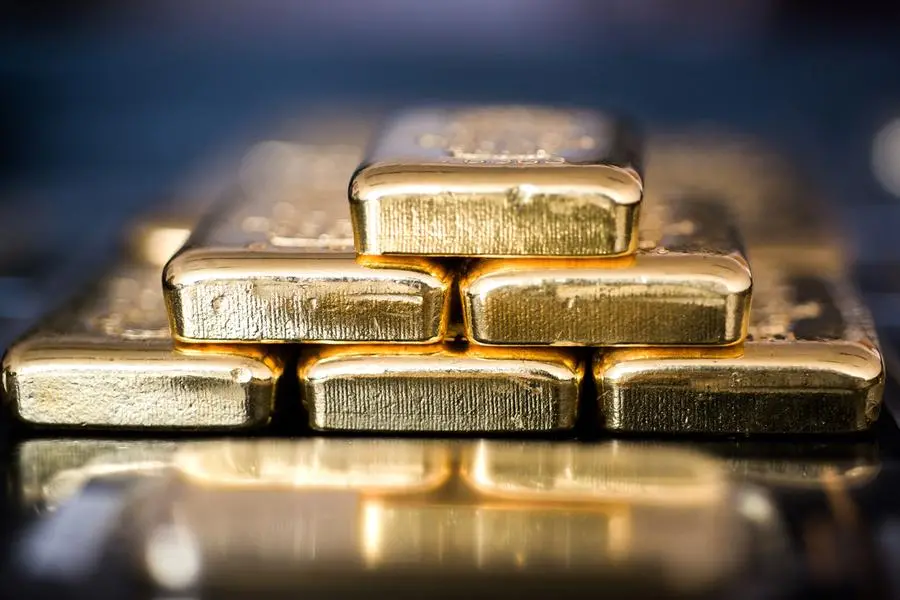PHOTO
Demand for gold rose by 18% year-on-year (YoY) in 2022 to 4,741 tonnes, the highest annual total since 2011, but 2023 could be a challenging year for the precious metal, World Gold Council said in a report on Tuesday.
The demand were boosted in Q4 by strong buying by the world’s central banks and continuing retail investment, the report said.
Demand from central banks more than doubled to 1,136 tonnes in 2022, up from 450 tonnes the year before and to a new 55-year record high. Purchases in Q4 2022 alone reached 417 tonnes, bringing the total for the second half of 2022 to more than 800 tonnes.
The Central Bank of Turkey was the largest buyer in 2022, its gold reserves swelled by 148 tonnes to 542 tonnes, the highest level on record.
Regionally, the Middle East was an active buyer of gold during the year. Egypt (47 tonnes), Qatar (35 tonnes), Iraq (34 tonnes), the United Arab Emirates (25 tonnes) and Oman (2 tonnes) significantly boosted their gold reserves.
The People’s Bank of China (PBoC) reported the first increase in its gold reserves since September 2019. In November and December, the PBoC announced total gold purchases of 62 tonnes, lifting its total gold reserves to over 2,000 tonnes for the first time.
Investment demand (excluding OTC) in 2022 was up 10% on the previous year. The increase was due to two factors: a notable slowdown in exchange-traded fund (ETF) outflows and strong gold bar and coin demand.
Despite a fairly soft start to the year, Indian consumer demand recovered and only just fell shy of the strong levels of demand seen during 2021.
Total European gold bar and coin investment for 2022 surpassed 300 tonnes, aided by persistently robust German demand. There was also significant growth in the Middle East, where annual demand increased by 42% year-on-year.
Jewellery demand softened slightly in 2022, down 3% at 2,086 tonnes, largely driven by the marked drop in Chinese annual jewellery demand, down 15%. The gold price rally in Q4 also contributed to the annual decline in jewellery demand.
For 2023, Louise Street, Senior Markets Analyst from the World Gold Council, said economic forecasts are pointing to a challenging environment and a likely global recession, which could lead to a role reversal in gold investment trends.
"If inflation comes down, this could be a headwind for gold bar and coin investment. Conversely, continued weakening of the US dollar and the moderating pace of interest rate hikes could have positive implications for gold-backed ETF demand," she said.
(Writing by Brinda Darasha; editing by Seban Scaria)





















